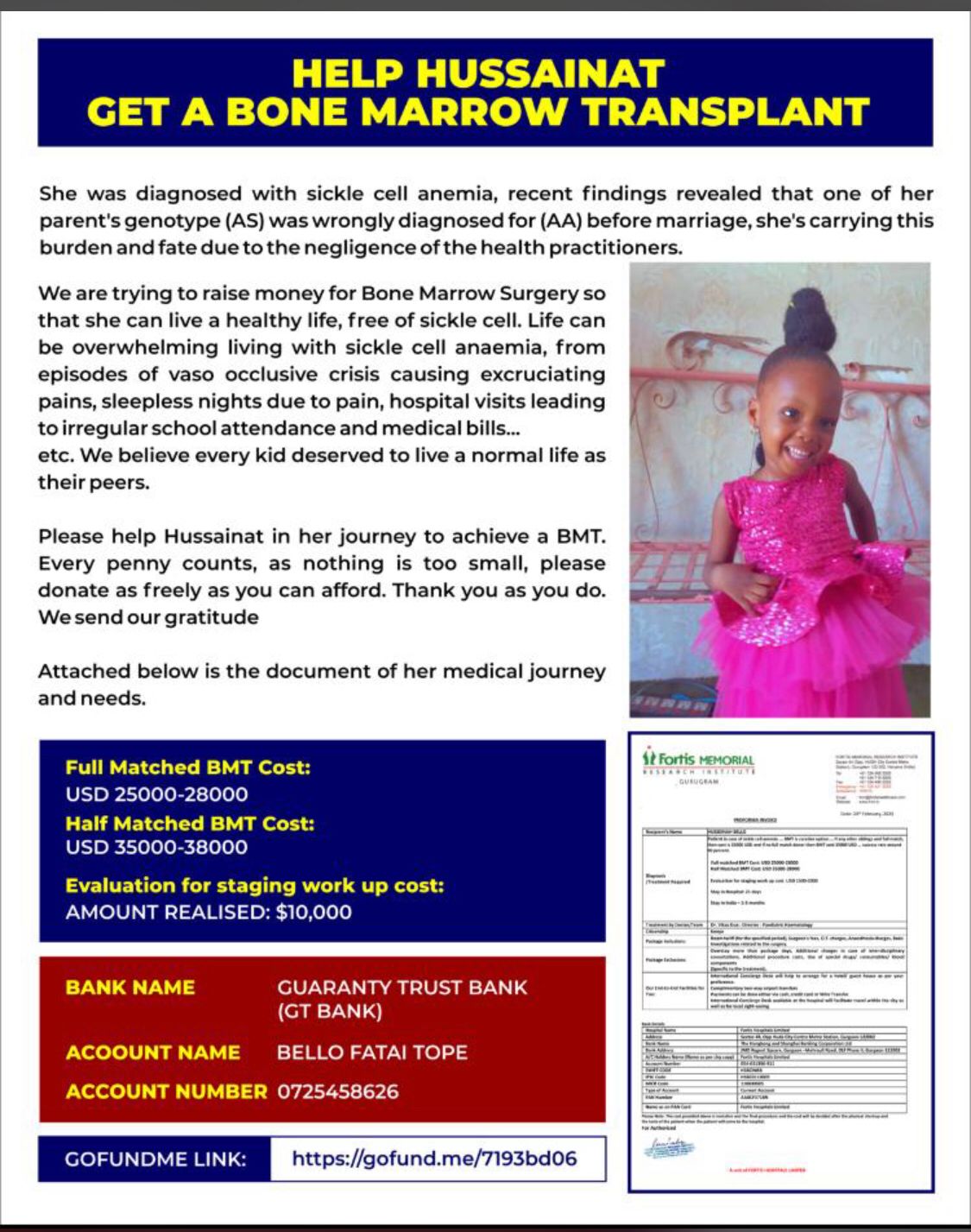OUR PRIORITY IS TO CHANGE POLICIES AROUND GIRL CHILD EDUCATION_ONELIFE INITIATIVE
The executive director of Onelife Initiative Sola Fagorusi has declared that the major priority of the none governmental organization basically in Oyo, Ekiti and Akwaibom State is to change policies around the girl child Education. This declaration was made while delivering his opening remarks at the Launch and Dissemination of The State of Girl Child Education (SoGE) Report in Oyo State,
Which took place at the International Conference Center of the University of Ibadan on Tuesday.
He further explained that Onelife Initiative is an organization that is passionate about the wellbeing of young people and they create an atmosphere for them to enjoy an improved quality of life, progress and play active role in Nigeria’s development. Fagorusi also added that one of the major functions of the organization is to provide information and they have done this for two years, getting information about how secondary school students have performed and disseminating the information to the public.
In an interview with journalists, He emphasized that the organization’s attention is majorly on public secondary school from JSS ONE to SSS THREE. He made it known that only 11 girls out of 1200 girsl from Iseyin Local government who sat for WAEC in 2022 passed the examination.
Speaking concerning the improvement of students since the commencement of the Onelife Initiative he noted that the efforts are materializing in the higher institutions referring to the University of Ibadan’s Convocation where the majority of the awards and prices were giving to girls.


Elder Delani Binuyo who represented the Hon. Commissioner of Education, Science and Technology of Oyo State Prof Salihu Abdulwaheed Adelabu applauded Onelife Initiative for bringing the program to Oyo state while delivering the key note address. He reiterated that Onelife Initiative has performed excellently not only in the education of the girl child but to humanity.
In his words: ‘It is worthwhile mentioning that the initiative core values is directed to improving the wellbeing of young people through provision of linkages, skills, vocational training, including information and resources to enable both the government, parents, students and other stakeholders make informed decision to which we are celebrating a successful completion of this work which started some couple of years ago.”
Below is the executive summary of the State of the Girl Child Education SoGE Report in Oyo State
The State of Girls Education report presents a comprehensive assessment of the state of girl child T education in Oyo State, particularly public secondary school starting in 2022 through the first quarter of 2024 when the research was conducted. The study was undertaken to identify the key challenges and opportunities within the education sector as they relate to girls and to propose actionable recommendations for stakeholders to enhance educational outcomes for girls in the state
The Oyo State Annual School Census Report, 2021 was also of immense reference in this report The ecological framework was used in the cross-sectional survey conducted. A mixed research methodology approach was adopted using both qualitative and quantitative components.
Data collection was done using various instruments – questionnaires, observational checklists, FGDS, IDIs and Kills. The data collection process was supported by 12 trained research assistants from across the 3 senatorial zones in Oyo State. A total of 34 schools across Oyo State were included in the study based on the multi-staged sampling adopted.
Questionnaires were administered to 1,280 girls in the schools. The quantitative data analysis was done using SPSS while the qualitative analysis was done using NVIVO (version 14). Ethical approval was obtained from the Oyo State Research Ethical Review Committee (NHREC/OYOSHRIEC/10/11/22) and other ethical considerations such as informed consent, assent, voluntariness, and confidentiality were ensured during data collection.
The study involved a total of 83 in-depth interviews and 36 Focus Group Discussions with key education stakeholders, including teachers, government officials, community leaders, female students and parents comprising over 360 participants. These interviews were conducted across 8 local government areas in Oyo States spread across the 3 Senatorial districts. Qualitatively, we see the need for deeper intervention in girls’ education in Iseyin, Ibarapa North and Lagelu Local Government Areas compared to other LGAs in the State.
From the external WASSCE examination in 2022, we see clearer need for improving quality of girls education in the following LGAS – Iseyin, Oyo East, Afijio, Iwajowa, Kajola, Ibarapa East, Oyo West and Ibarapa North. In Iseyin LGA for instance, only 0.87% of girls who sat for the 2022 WASSCE passed with 5 credits in Mathematics and English. To put this in clearer terms, in Iseyin Local Government, only 11 girls out of the 1,267 passed the exam (had credit in Mathematics, English and three other subjects). This represents a fail rate of 99.1%. In Oyo East, only 13 girls passed out of 691 girls who wrote the 2022 WASSCE. In Oyo West, the pass rate was 188%. In wajowa and Afijio, only 2.26% of girls who sat for the exam passed. The results for boys were not too different.
Our findings point various actors keen on improving the lot of the girl child. In this report, the various antecedent factors that affect the state of girl child education in the state are captured. The result of this study revealed that the multifaceted factors affecting girl child education encompass personal, family, community, institutional, and policy elements. This study not only identifies the challenges but also highlights the positive attitudes and efforts to retain female students in secondary schools.
Policy implementation and consistent collaboration among various stakeholders to invest in gender-sensitive activities such as comprehensive sexuality education, guidance and counselling, school healthcare facilities, water and sanitation, educational infrastructure as well as support for gender-specific issues need to be sustained. In conclusion, Oyo State, Nigeria, has the potential to advance girl child education given the strong support and a promising outlook for girls’ access to quality education. Addressing the identified challenges and embracing the recommendations outlined in this report, supported by Malala Fund, will pave the way for a brighter future where every girl has equitable access to quality education, empowering them to drive positive change within their communities and society at large.
The program was supported by Malala Fund.






Comments are closed, but trackbacks and pingbacks are open.